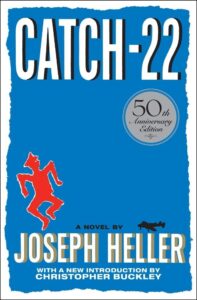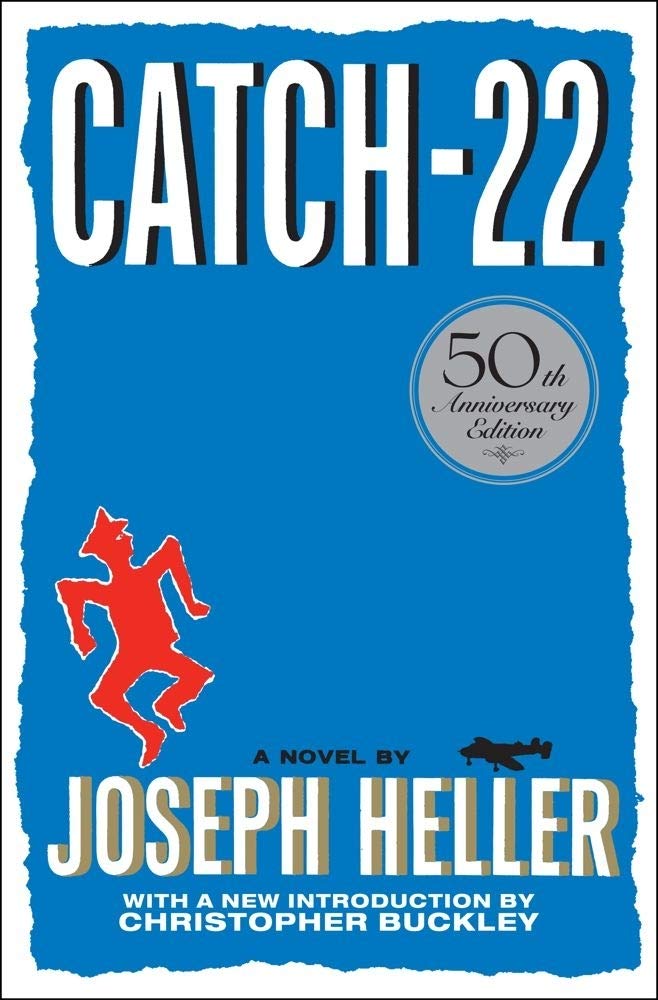When Joseph Heller’s Catch-22 was published in 1961, it quickly became both celebrated and controversial. The novel, with its biting satire of war and bureaucracy, was banned and challenged in several schools and libraries in the United States. Authorities objected to its profanity, its sexual references, and its irreverent tone toward military authority. In the 1970s, it was removed from school curricula in places like Strongsville, Ohio, and even faced obscenity challenges in communities that considered its language and themes inappropriate for young readers. Despite these efforts, the novel’s sharp humor and criticism of blind obedience continued to attract devoted readers.
The controversy reflected deeper discomfort with the book’s message. Catch-22 painted a picture of war not as a noble pursuit but as absurd, contradictory, and dehumanizing. For those who valued patriotic narratives, Heller’s novel felt subversive. The repeated bans and challenges only heightened its reputation as a rebellious work, one that dared to mock systems of power and the illogic of endless conflict.
Joseph Heller, born in 1923, served as a bombardier during World War II, and his wartime experiences heavily influenced his writing. After the war, he studied English and became a teacher and advertising copywriter before turning to fiction. Catch-22 was his debut novel, and although it received mixed reviews at first, it eventually came to be seen as a masterpiece of modern literature. Heller’s dark humor, absurdist style, and keen eye for human folly made him one of the most distinctive voices of his generation.
The novel follows Captain John Yossarian, a U.S. Army Air Forces bombardier stationed in World War II. Yossarian is desperate to survive, but he finds himself trapped in the infamous “catch-22”: airmen can be relieved from duty if they are insane, but asking to be relieved is considered proof of sanity. This paradox captures the heart of the novel’s satire, showing how logic is twisted by institutions to trap individuals. Through Yossarian’s struggles, Heller exposes the madness of war, the futility of bureaucracy, and the ways individuals fight to preserve their humanity in a system designed to crush it.
Today, Catch-22 remains one of the most important anti-war novels of the 20th century. It matters because it reminds readers how easily systems of power can create absurd rules that strip away meaning and morality. Its bans and challenges only underline how threatening satire can be to those who prefer order and obedience. More than sixty years after its publication, the novel’s sharp critique of war and authority still resonates, making Catch-22 as relevant as ever.



